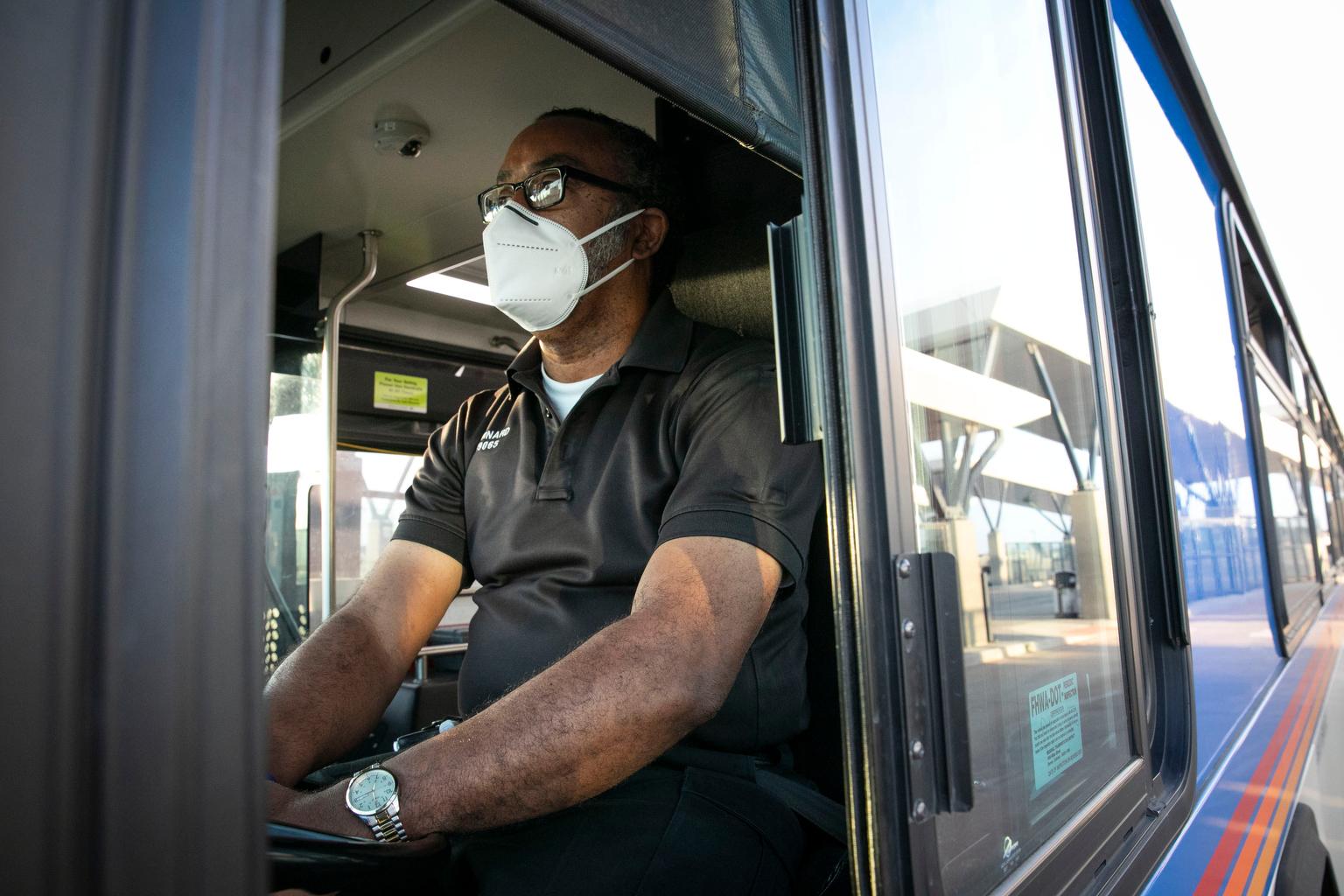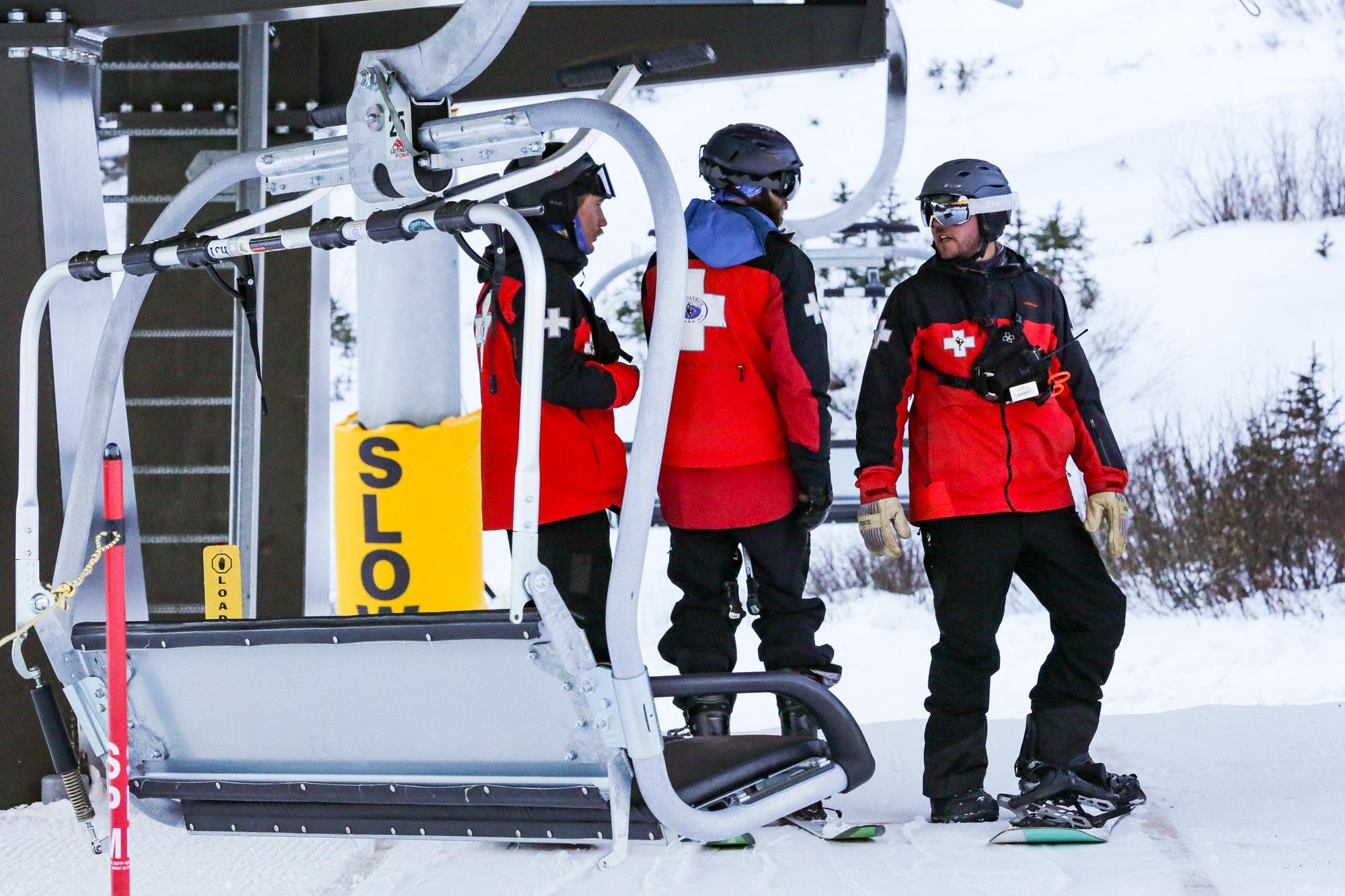
The Regional Transportation District’s financial situation is so dire that the agency likely will not be able to restore service to its pre-pandemic levels — or anything close to it.
The transit agency cut its service by about 40 percent in April. The federal government provided a $232 million cushion for 2020, but staff now predict a shortfall of $252 million in 2021 — about 30 percent of its overall budget. They expect a $1.3 billion cumulative shortfall by 2026.
"Given these numbers, I would say, 'what is the future of RTD, period?' " board member Claudia Folksa said a meeting last week.
The pandemic hit during RTD’s ongoing “Reimagine” process that sought to set the agency on more stable financial footing. A key part of that was a system optimization plan that was originally going to result in an 8 percent cut to service, said Bruce Abel, RTD's special projects director.
Now, because of COVID-19, those cuts will likely be much worse.
“We'll be hard-pressed to maintain the current level of service, which is the COVID service plan, at a 40 percent reduction from January,” Abel told the board at a meeting Tuesday evening.
The agency will try to minimize service cuts by looking for cost savings elsewhere, Abel said. One big target will be its workforce; the agency has instituted a hiring freeze and is planning to furlough most of its non-unionized employees for nine days this year. The drivers’ collectively bargained contract does not allow for furloughs.
RTD’s financial problems existed before COVID-19. Abel pointed to higher-than-expected operations and maintenance costs for its new train lines, lower-than-expected sales tax revenues, and an aging system that needs repair.
In fact, sales tax revenues for RTD’s FasTracks program have never met the yearly forecasts from when voters approved it in 2004. The Great Recession made the difference between forecasted and actual revenue even larger.

So RTD took out loans to build many of the train lines it promised voters in 2004. But it’s now saddled with massive debt payments; RTD now forecasts more than 90 percent of the $194 million in FasTracks sales tax revenue it expects to collect in 2021 will go to debt service.
“Our financial position wasn't really fabulous to begin with,” said board member Claudia Folska. “The pandemic has taken it to a completely different level, but we've been struggling with this for a long time."
Exactly where the cuts could happen will come into focus over the summer. The system optimization plan is scheduled to be adopted by the board later in the year and implemented in 2021.
Board members used words like “painful,” and “daunting” to describe the task ahead of them.
“We are at the beginning of some very difficult decisions,” said board chair Angie Rivera-Malpiede.
That work this summer will also coincide with the creation of a new, independent accountability committee aimed at improving RTD.
The agency drew the ire of lawmakers earlier this year because of an ongoing driver shortage that led to inconsistent buses and trains, rider complaints, and eventually, cuts to service. Others, including Gov. Jared Polis, have expressed their displeasure at RTD’s inability to deliver a long-promised commuter rail line to Boulder and Longmont.
Legislative efforts to reform RTD weren’t revived in the legislature’s brief return after a COVID-19-induced pause. But key legislators, the governor’s office, the area’s metropolitan planning organization and RTD leadership have developed a plan for a new body that will be performing a comprehensive review of the agency and producing a set of recommendations for improvements to its operations and relevant laws.
“The governor thanks Rep. Matt Gray, Sen. Faith Winter, DRCOG and RTD for their work on this concept,” Polis spokesman Conor Cahill said in an email Tuesday. “The governor’s office has been working in partnership with those people and organizations to establish a process for RTD reform and accountability and to improve the performance of the district.”
Gray and Winter, who both chair their respective chambers’ transportation committees, did not respond to interview requests. The RTD board of directors gave its approval to the committee by a 15-0 vote Tuesday evening.
As described in documents presented to the RTD board, the committee would consist of 11 appointees made by the governor’s office and the two transportation committee chairs. The committee would meet for at least a year and would file a final report with its recommendations by next summer.
Some of the key areas the group would review include the district’s financial state, how it can better serve its riders, and how it can achieve stability and growth.
While significant, the committee would amount to a less intrusive change to the district compared to a bill introduced earlier in 2020 by Republican Sen. Jack Tate. In a board meeting in early June, RTD Board Chair Rivera-Malpiede said the accountability committee was far more preferable to her.
“I think this just gives us a breath of fresh air to move on and to look at things and develop relationships that have been severed,” she said. “We can really make this a positive move forward for the whole region.”
Editor's Note: An earlier version of this story incorrectly said RTD anticipates a cumulative $1.3 billion shortfall through 2025. The correct year is 2026.









